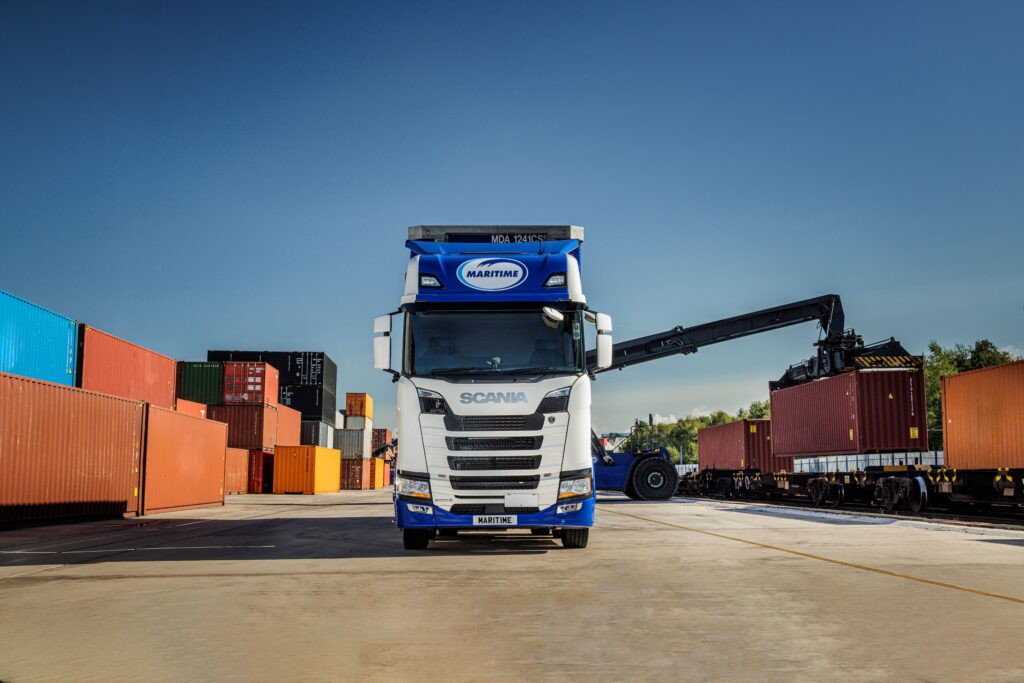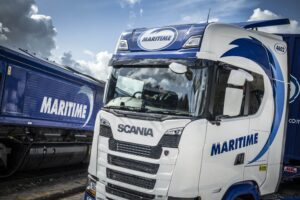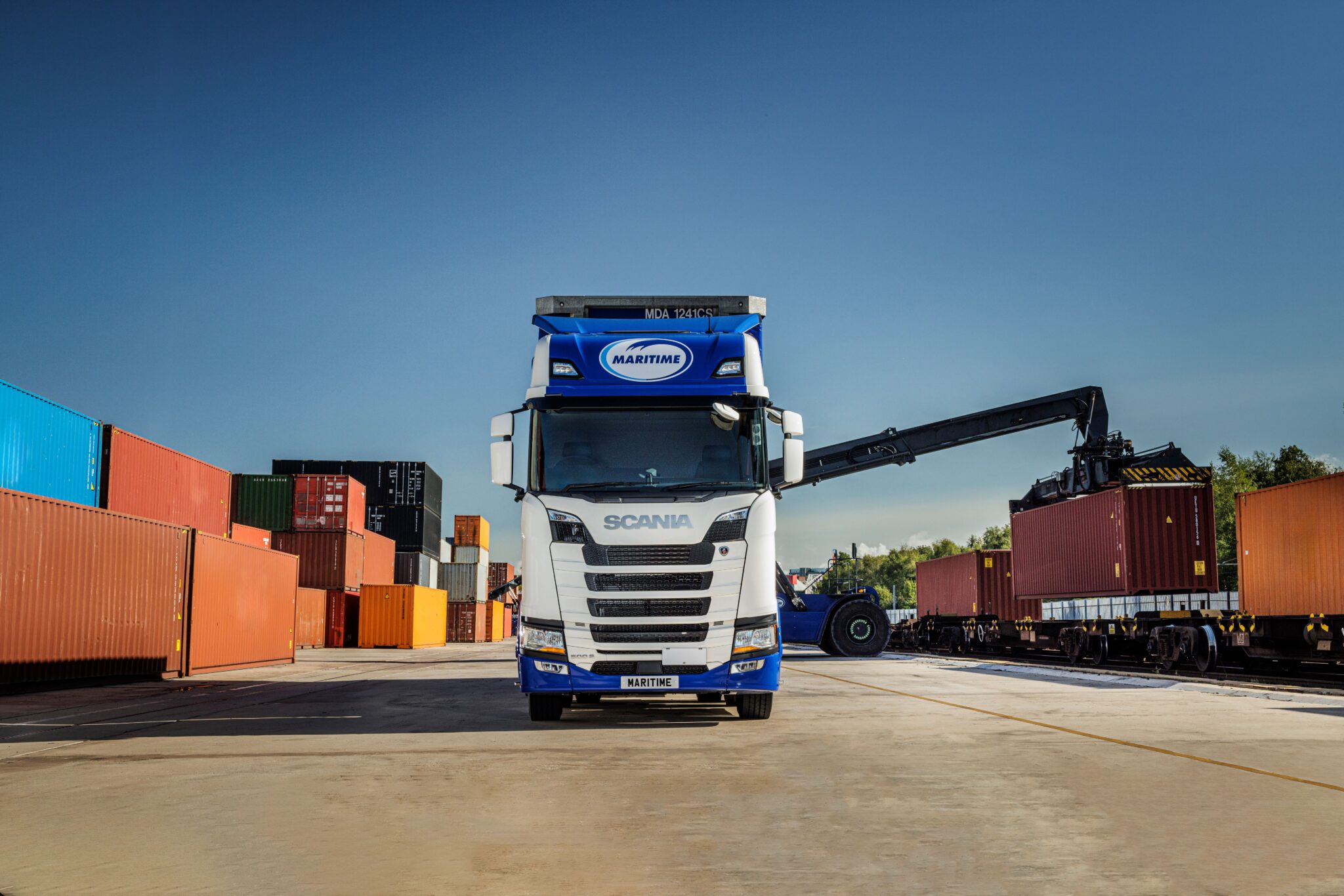22nd May 2025

Maritime Transport has launched two new intermodal rail services connecting DP World London Gateway with its inland terminals at Hams Hall and iPort Doncaster.
Running Monday to Saturday, the new services commenced last week and are operated in partnership with GB Railfreight. Both services have been introduced in response to growing volumes at DP World London Gateway – where a £1bn expansion is set to begin this month to increase capacity at the Port – and reflect Maritime’s continued investment in expanding its rail network and infrastructure, improving inland connectivity, and driving modal shift across key UK routes.
John Bailey, Managing Director – Intermodal, Maritime Transport:
‘London Gateway is seeing strong growth in container volumes, supported by its role in the Gemini Cooperation’s Asia–Europe network and a major expansion project that will further strengthen its position as one of the UK’s leading deep-sea ports. As throughput increases, so too does the need for reliable inland connections. These new rail services provide the additional capacity needed to support that growth, enhance our national network, and enable a more meaningful shift from road to rail as part of a lower-carbon, more efficient UK supply chain.’


Maritime plans to introduce additional services in the coming weeks, expanding connectivity between major UK ports and its network of nine strategic rail freight terminals. New routes currently in development include Felixstowe to Manchester, DP World London Gateway to the East Midlands, and Southampton to Maritime’s SRFI at SEGRO Logistics Park Northampton – the latest addition to the company’s growing rail terminal portfolio which is now fully integrated into the national rail network.
Julie Garn, Intermodal Director, GB Railfreight:
‘Rail plays a hugely important role in our national supply chains. In addition to driving our economy, moving goods by rail reduces emissions and supports the UK’s transition to more sustainable transport. Using rail freight reduces carbon emissions by c.76% compared to road. These new services are a great example of what long-term collaboration can achieve, delivering practical, lower-carbon alternatives to road that benefit the wider supply chain.’
Read Similar…
